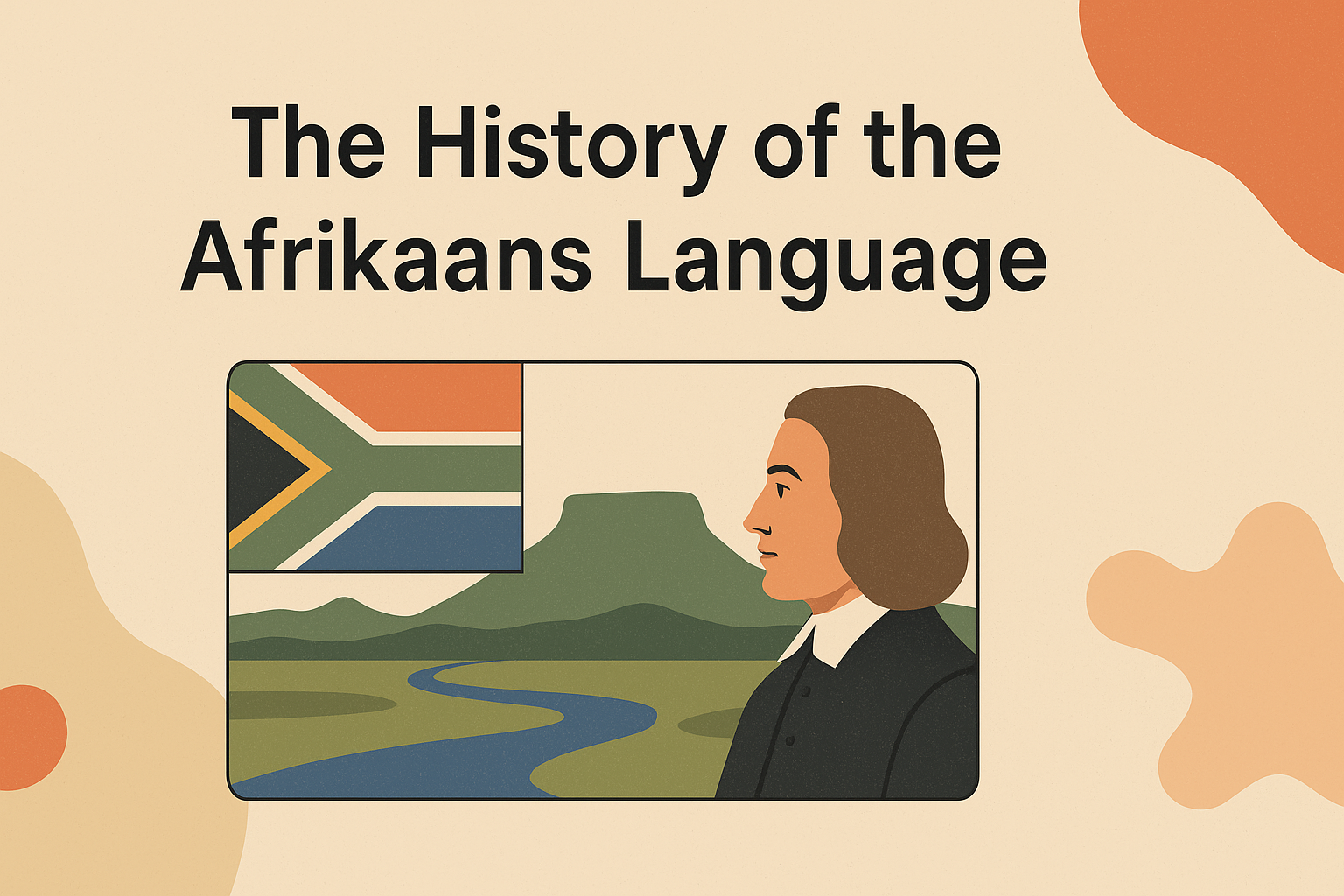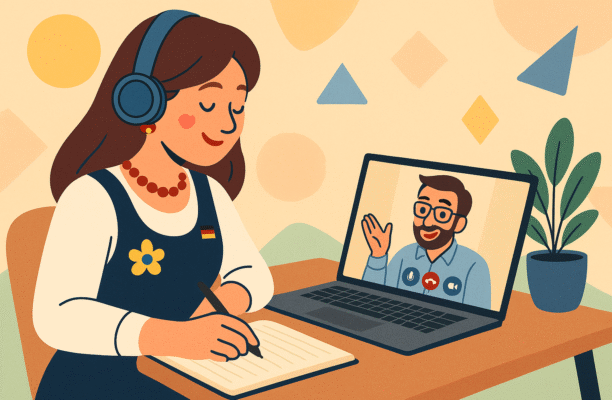Afrikaans is one of the youngest and most unique languages in the world, yet its roots run deep in the complex history of South Africa. Born from a blend of cultures, colonialism, and migration, Afrikaans stands as a powerful example of linguistic evolution. Today, it is spoken by over 7 million people as a first language and over 10 million as a second language, primarily in South Africa and Namibia. But where did it all begin?
Early Origins: Dutch Colonial Influence
The story of Afrikaans begins in 1652, when the Dutch East India Company established a refreshment station at the Cape of Good Hope (present-day Cape Town). Dutch settlers, primarily from Holland, brought their language, which formed the foundation of what would eventually become Afrikaans.
These settlers spoke a version of 17th-century Dutch known as “Nederlandse Taal.” Over time, this language began to change due to the influence of:
- Other European settlers (including Germans and French Huguenots)
- Indigenous Khoisan peoples
- Enslaved people brought from Indonesia, Madagascar, India, and other parts of Africa
The result was a simplified, evolving form of Dutch that incorporated elements from multiple languages and dialects.
Development Among Mixed Communities
Afrikaans didn’t just develop among European settlers. It was significantly shaped by the interactions between colonists, indigenous communities, and enslaved peoples. In fact, many of the early speakers of proto-Afrikaans were not white Europeans, but rather people of mixed heritage.
The language became a tool of communication in a multilingual society. Known initially as “Cape Dutch,” this early form of Afrikaans functioned as a lingua franca in the Cape Colony.
From Dialect to Distinct Language
By the 19th century, Cape Dutch had diverged significantly from European Dutch. Its grammar was more regular, its vocabulary had expanded, and it had adopted many loanwords. Scholars and linguists began recognizing it as a separate language.
The term “Afrikaans” (meaning “African” in Dutch) began to be used more commonly to describe the language. By the late 1800s, Afrikaans had become a symbol of identity among the Boer (descendants of Dutch-speaking settlers) population, especially in their resistance to British colonialism.
Recognition and Standardization
The 20th century was a pivotal time for Afrikaans. In 1925, it was officially recognized as a language distinct from Dutch and granted equal status with English in South Africa.
Afrikaans literature, media, and education flourished. The Bible was translated into Afrikaans in 1933, giving the language religious legitimacy and cementing its status among its speakers.
Controversy and Political Associations
Afrikaans also carries a complex and sometimes painful legacy. During the apartheid era (1948–1994), the South African government imposed Afrikaans as a medium of instruction in schools, particularly among Black communities. This led to widespread resistance, most famously the Soweto Uprising of 1976, where students protested the enforcement of Afrikaans in education.
Because of this association, Afrikaans was viewed by some as a language of oppression. However, it is important to note that Afrikaans has always been spoken by people of all races and backgrounds in South Africa.
Afrikaans Today
Post-apartheid South Africa recognizes Afrikaans as one of its 11 official languages. While its political history is complex, Afrikaans continues to evolve and thrive:
- It is spoken across racial and ethnic lines.
- Afrikaans music, poetry, film, and digital content are popular and growing.
- Efforts are being made to reclaim Afrikaans as an inclusive and accessible language.
Modern Afrikaans is also one of the easiest languages for English speakers to learn, due to its straightforward grammar and many vocabulary similarities.
Final Thoughts
Afrikaans is more than just a derivative of Dutch; it is a living language forged through centuries of cultural exchange, survival, and adaptation. Its history reflects both the beauty and complexity of South Africa itself. By learning Afrikaans, one connects with a rich linguistic heritage and gains access to a vibrant, diverse community of speakers.




Leave your comment